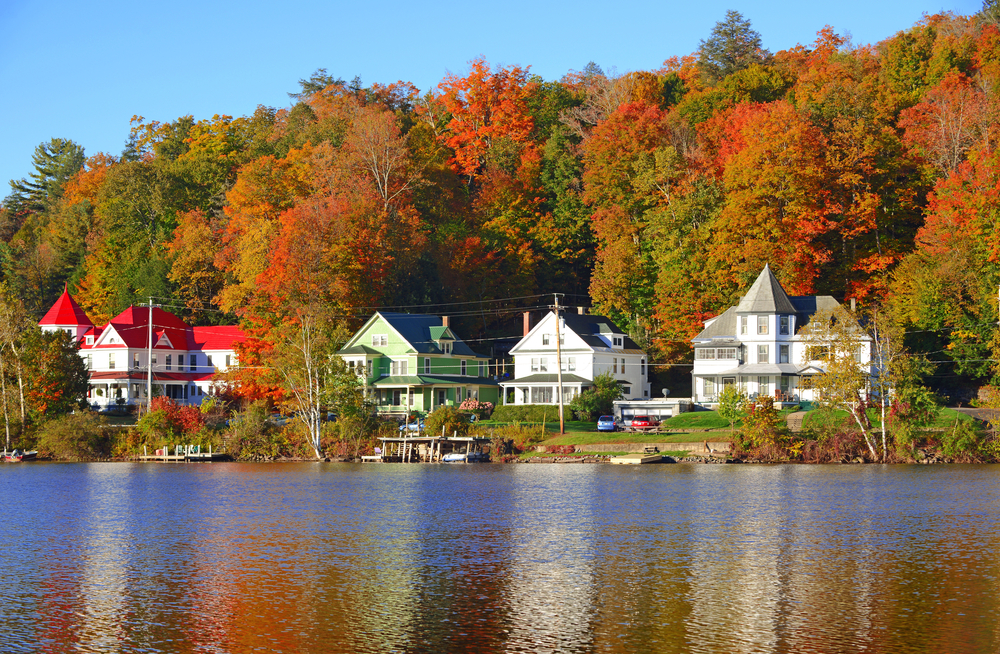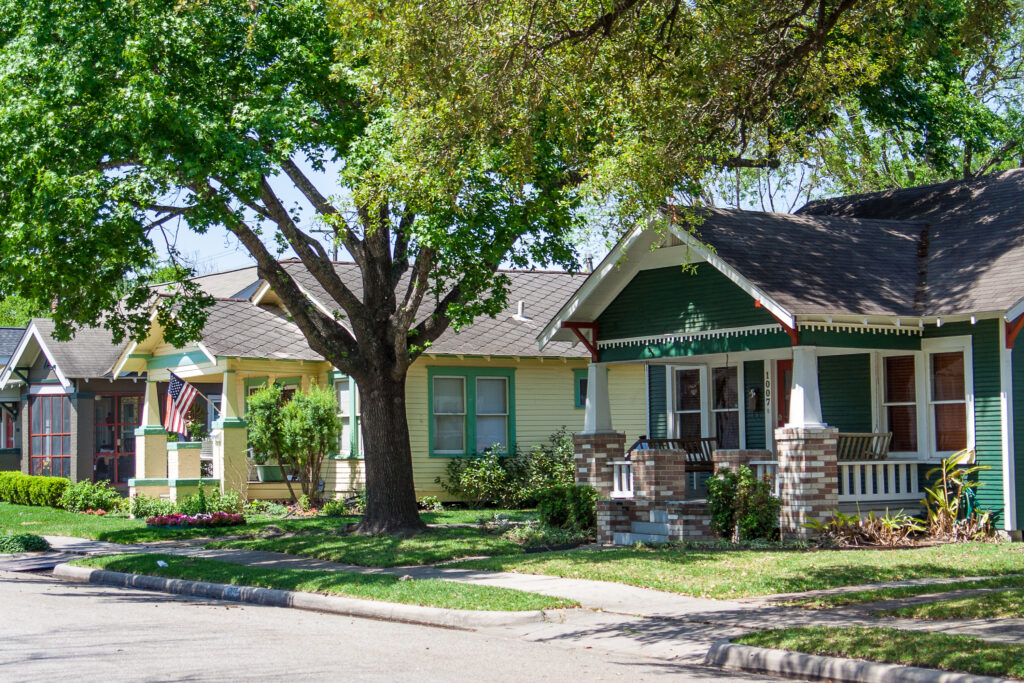New York Adult Care Homes
Everyone knows New York. The city that never sleeps, the lush greenery outside the city limits, and all the history make New York the most well-known state in all of the country. Manhattan is the most famous city on earth, the center of world commerce and culture. New York is home to some of the finest dining and entertainment anywhere in the world. Anyone interested in being in the hub of culture and life comes to New York to experience the richness of the city. There are benefits for seniors in New York, which may add to the appeal. Social security, Medicare, Supplemental Security Income, and the Senior rent increase exemption are all added benefits of being an aging adult in New York. New York’s population is over 8 million, abut 15% of which are seniors and retirees. It is understood that as seniors and retirees continue to age, some may require care at some point. When most people think of senior care and housing they immediately think of a nursing home as the only option. This couldn’t be further from the truth. Aging adults have several care and housing options aside from nursing homes. An adult care home may be ideal for a senior who can no longer manage their health and safety in their own home, and may need care. Adult care homes are an excellent option for aging adults because they offer private residencies in a home-like environment.

- New York Adult Care Homes
- New York Adult Family Care Homes
- What care and support does a New York Adult Care Home provide?
- How much does an adult care home in New York cost?
- How to pay for adult care homes in New York
- Senior Living, What are the common terms used?
- Questions to Ask
- Resources and links related to Senior Living and Care
- Search other states for Adult Care Homes
New York Adult Family Care Homes
These are private residences that provides a home-like setting, and typically care for 5 or more residents, depending on the licensing requirements. The adult care home provider will typically provide meals, housekeeping, and limited activities. Unlike a nursing home, residents may require very light assistance or may be dependent with several care needs. It is best to ask individual locations for their specific policies and licenses.

What other levels and types of care are available to seniors outside of adult care homes in New York?
Senior Living, What are the common terms used?
Continuing Care Retirement Communities (CCRCs) are communities that include a continuum of care from independent living, assisted living, and skilled nursing services all on one campus. This allows individuals to live within the same community as their needs progress through the spectrum of care. They typically offer the full selection of amenities associated with retirement and senior living. An endowment fee in addition to a monthly maintenance fee can be expected.
Independent Living Communities provide residents an independent living setting without the burden of home ownership. Typically, residency is established on a monthly rental basis. Residents live in fully equipped private apartments or cottages from studios to large two-bedroom units that may be rental-assisted or market-rate depending on the community. Amenities and hospitality services such as housekeeping, linen service, transportation and social and recreational activities may be included, provided for an additional charge, or may not be available at all. Independent Living communities do not provide assistance with activities of daily living or personal care.
Assisted Living Communities are State-regulated rental properties where 10 or more residents may reside (however this # may vary a bit between states). Care assistance is available, including: medication management, bathing, dressing, toileting and eating. Apartments must be fully self contained private living units with a lockable door, private bathroom, and kitchenette facilities. The fee schedule is regular monthly rent along with additional fees for specific services and amenities. Assisted living communities are best suited for individuals who want to remain as independent as possible and who are able to direct their own care.
Memory Care or Dementia Communities offer or provide care for residents with Alzheimer’s disease or other dementia in a home like environment. These senior living communities, must receive an endorsement and is governed by additional regulations that are specifically intended to support individuals with dementia, including: a secure building that alerts staff if a resident has exited, a secure outdoor area that provides outdoor freedom safely, interior finishes that are non-glare and well lit, and visual contrasts between floors, walls and doorways. Alzheimer’s units must also have programs, which include: gross motor, self care, social, craft, sensory enhancement and outdoor activities.
Adult Care Home or Family Care Home are private residences that provides a home-like setting, and serves 5 or less residents. The caregiver may perform several functions, such as personal care, housekeeping and activities and group meals. There are three levels of Adult Foster Care Home licenses. The classification system is based on level of care the Adult Foster Home may provide to residents who live in the home as well as the experience and training of the providers and their ability to assist residents with: personal hygiene, mobility, eating, dressing, toileting, and behavior management. Residents may require very light assistance or may be dependent with several care needs; it is best to ask individual locations for their specific policies and license.
Skilled Nursing Facility (SNF) – these are sometimes referred to as a Nursing Home is a State-licensed facility that provides a safe, therapeutic environment for individuals who require rehabilitative care. Skilled Nursing Facilities offer 24 hour skilled nursing care and medical services by licensed nurses and support professionals. This is the highest level of care that can be provided that is not a hospitalization. Additionally, nursing facilities offer residents planned social, recreational and spiritual activities. (The term Nursing Home is considered a bit outdated.) This is a higher level of care for senior living, compared to that of assisted living or independent living.
Rehabilitation & Therapy is treatment for an injury, illness, or pain with the goal of restoring function, including nursing and therapy services. Rehab is ordered by a physician and services are provided by nurses and physical, occupational, and speech therapists. Examples include working with a physical therapist to help you walk and with an occupational therapist to help you get dressed.
Intermediate Care Facilities (ICF) are nursing facilities that are most appropriate for people who need 24 hour medical oversight in a structured setting. Most residents must share their room, but residents are allowed to bring personal items to encourage a more home-like atmosphere.

What care and support does a New York Adult Care Home provide?
Similar to a nursing home, residents receive 24-hour care all in a single-family environment. And in addition each home has an operator who may employ additional caregivers to support with the care of residents. They are licensed to house a smaller number of adults as opposed to larger assisted living communities, so they make ideal homes for loved ones who require individualized care while allowing residents the preferences and choices to honor their independence. And for safety, operators must be licensed in their state and participate in ongoing training. Staff must have hands-on experience providing care for the population they intend to serve, as well as ongoing training.
Caregivers in adult care homes may assist with activities of daily living and additional care needs, including:
- Personal care
- Housekeeping
- Activities
- Group meals
- Mobility
- Behavior management
- Eating
- Dressing
- Toileting
- Personal hygiene
- Cognitive support and redirection
Your loved one may require minimum assistance, in which case an adult care home may be ideal, or they may be much more dependent on care and services, where a nursing home may be a better fit. The comfort and peace of mind of your loved one is the most important thing so ask each location you look at for their specific licenses and policies.
How much does an adult care home in New York cost?
Senior care in New York is typically more expensive than the national average. This applies to adult care homes. Generally, the easiest way to figure out the cost of adult care homes to adjust the cost to be 10-15% less compared with the cost of assisted living nearby and in neighboring counties. Assisted Living in New York averages to be $4,200 per month, which about $300 above the national average.
- Costs fluctuate depending on your geographical location.
- Expect to pay between $1,700 per month to $4,000 per month, on average.
- Costs are affected by the care requirements of your loved one.
Typically, the cost of senior housing is most expensive on the east coast and west coast.
How to pay for adult care homes in New York

You want to consider your payment options for assisted living, memory care, and care homes. For these services, Medicare is NOT an option for payment.
The most common payment for these services would be out of pocket Private Pay and assessing a combination of retirement funds, personal savings, and pension payments.
Medicaid can also be an option, be sure to see if you or a loved one qualifies.
Long-Term Care insurance is also a possible option in cases of chronic conditions, be sure to see if you or a loved one qualifies.
For our Veterans and spouses of veterans, be sure to assess Veteran Aid and your eligibility for these benefits.
Medicare – NO:
- Medicare does NOT pay for Assisted Living.
- People 65 years and older and individuals with end stage renal disease are eligible for Medicare benefits, no matter their income.
- Coverage is meant for people in need of short-term care.
Private pay – YES:
- Many families pay for assisted living with private funds.
- Private pay can be a combination of retirement funds, personal savings, and pension payments.
- Family members may contribute funds to pay for assisted living or other senior housing and care.
Medicaid – MAYBE:
- Medicaid provides health coverage to millions of Americans. Eligible participants include: low-income adults, elderly adults and people with disabilities.
- Medicaid is administered by state, according to federal requirements. The program is funded jointly by each state and the federal government.
- Every state has their own individual Medicaid assistance program.
- National guidelines are in place do decipher how states must spend Medicaid money, but with allowances toward the guidelines.
- The state determines what levels of care will be covered by Medicaid, who is eligible, and how much the state will reimburse the care community.
- If you are unsure whether you qualify for Medicaid, you should apply. You may be eligible depending on your household income, family size, age, disability and other factors.
Long-term Care Insurance – MAYBE:
Long term care insurance is a great way to pay for assisted living, and planning ahead is important when considering how to pay for senior housing and care. Nearly 75% of people over the age of 65 will require long-term care and services at some point. Buying into long-term care insurance when a person is in their 50s and 60s is the most common time to do so.
- Long-term care insurance helps cover the costs of chronic medical conditions.
- Individuals and couples with the ability to pay into long-term care insurance have the advantage of a head start in allocating funds for senior care.
Veteran Aid and Assistance – MAYBE:
This benefit is available to some military veterans and surviving spouses who live in an assisted living community and those who have in-home care.
- There are specific guidelines, but a veteran may qualify for as much as $2,050 each month.
- A veteran with a sick spouse may be eligible for $1,600 per month.
- If a veteran has passed, their surviving spouse can qualify for $1,300 per month.

Questions to Ask
Finding a senior living community can be overwhelming. Here are some tips on things to be observant of:
- Make sure the facility is clean and well maintained. You can tell a lot about the operation by noting what is clean and maintained. Are doorknobs loose or damaged? Do you see any frayed carpet or trip hazards?
- Visit during lunch hour to observe what the residents are eating. Ask questions about the nutrition program. Is there diversity in meals, healthy fruits and vegetables served at all meals, drink options?
- Speak to residents and/or family members to learn their perspective.
- Ask about staff and resident engagement. Get a feel for how staff interact with residents.
- Ask about the life enrichment programs. Activities are crucial when it comes to quality of life and play a key role in care for older adults.
- And finally (along with a plethora of more things to consider), get to know the leadership in the building. If you feel good around the Executive Director, Head Nurse, Lead Activities Director and even the Chef or Janitor, it is a good sign you can trust them with the care of your loved one.
Resources and links related to Senior Living and Care
Eldercare Locator is a nationwide service that connects older Americans and their caregivers with trustworthy local support resources. Connect with services such as meals, home care or transportation, or a caregiver education or respite from caregiving responsibilities. The Eldercare Locator is a public service of the Administration on Aging (AoA), an agency of the U.S. Administration for Community Living.
Medicare provides a search feature to find & compare providers near you, most senior housing and care providers are included on CareAvailability.com. Find & compare plans in your area. Determine if you qualify for premium savings
Medicaid offers information on how to apply for Medicaid, eligibility criteria, links to local state offices, and additional resources.
The Alzheimer’s Association is the leading voluntary health organization in Alzheimer’s care, support and research. Whether you are living with Alzheimer’s or caring for someone with the disease, information and resources are available.
New York Compendium for assisted living
New York State Department of Health
Search other states for Adult Care Homes
Not finding what you’re looking for? Take a look below.
